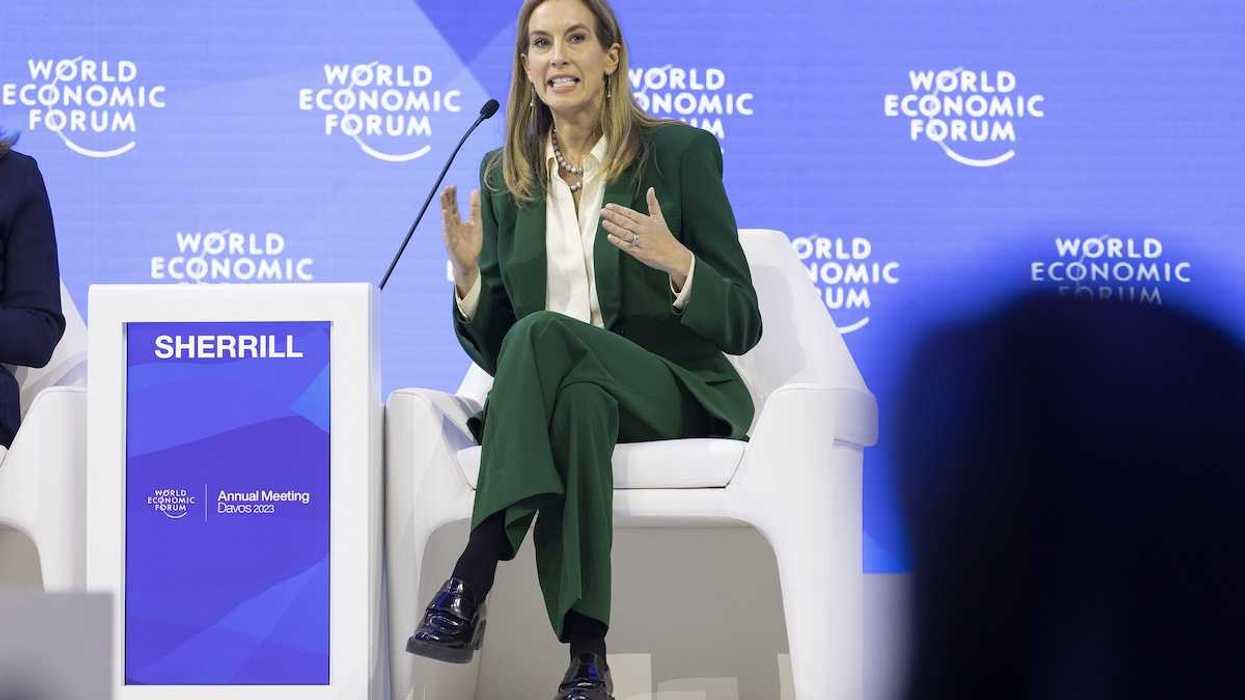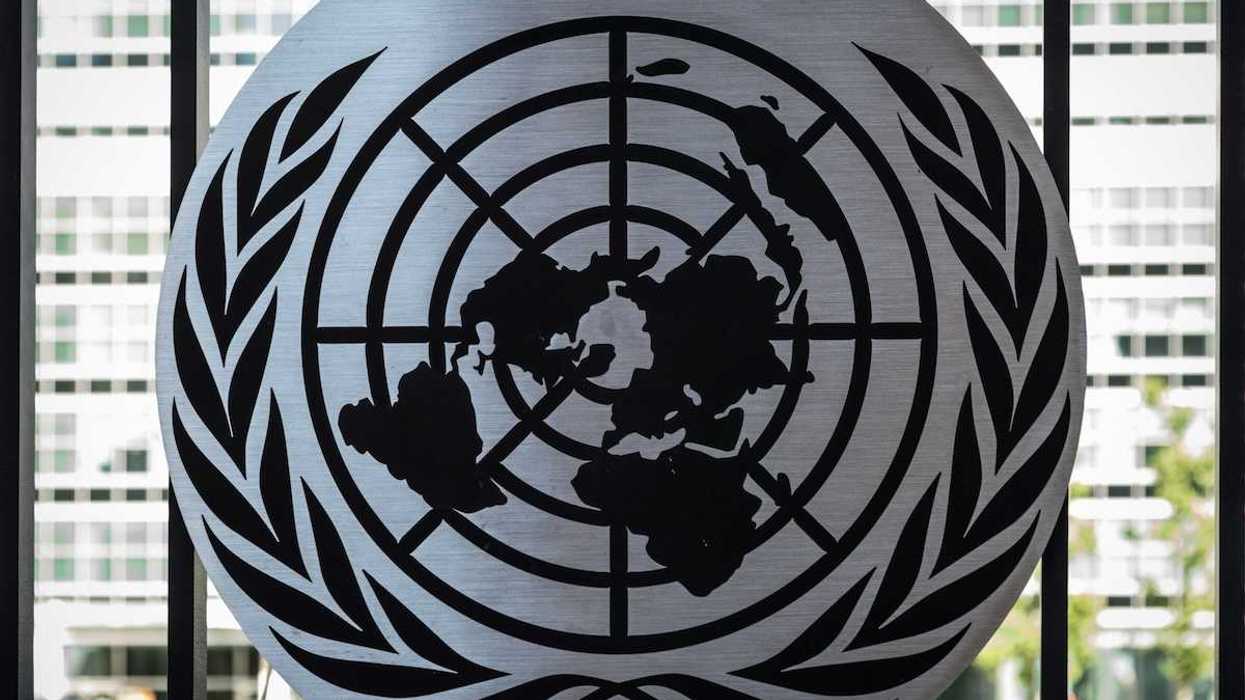A new grant-funded program aims to plant trees in Los Angeles' underserved neighborhoods, addressing the stark inequity in tree canopy coverage linked to health and climate resilience.
Pilar Marrero reports for Capital & Main.
In short:
- Boyle Heights is launching a robust tree-planting initiative to combat the area's severe shortage of tree canopy, which is as low as 5% in some neighborhoods compared to 40% in wealthier areas.
- The endeavor is supported by the California Natural Resources Agency and seeks to improve community health outcomes and environmental sustainability.
- The city's goal is to create a more equitable distribution of green spaces, acknowledging the crucial role of urban forestry in the well-being of its residents.
Key quote:
“There’s a tremendous amount of evidence that in areas with adequate greening, we have reduced attention deficit disorder, reduced cardiovascular illness and respiratory illness, less depression and better pregnancy outcomes.”
— Michael Jerrett, professor of environmental health sciences, UCLA
Why this matters:
Equitable tree distribution is more than an aesthetic issue; it's a matter of public health and social justice. In the face of rising temperatures, enhancing tree coverage in underprivileged areas is vital to improving overall health outcomes and fostering resilience against the climate crisis.
Too often, analysis and problem solving takes place removed from real people’s lives, while problems at the ground level are misunderstood or ignored.
Catalyst Miami, and many other community-based nonprofits, are working to change that.














